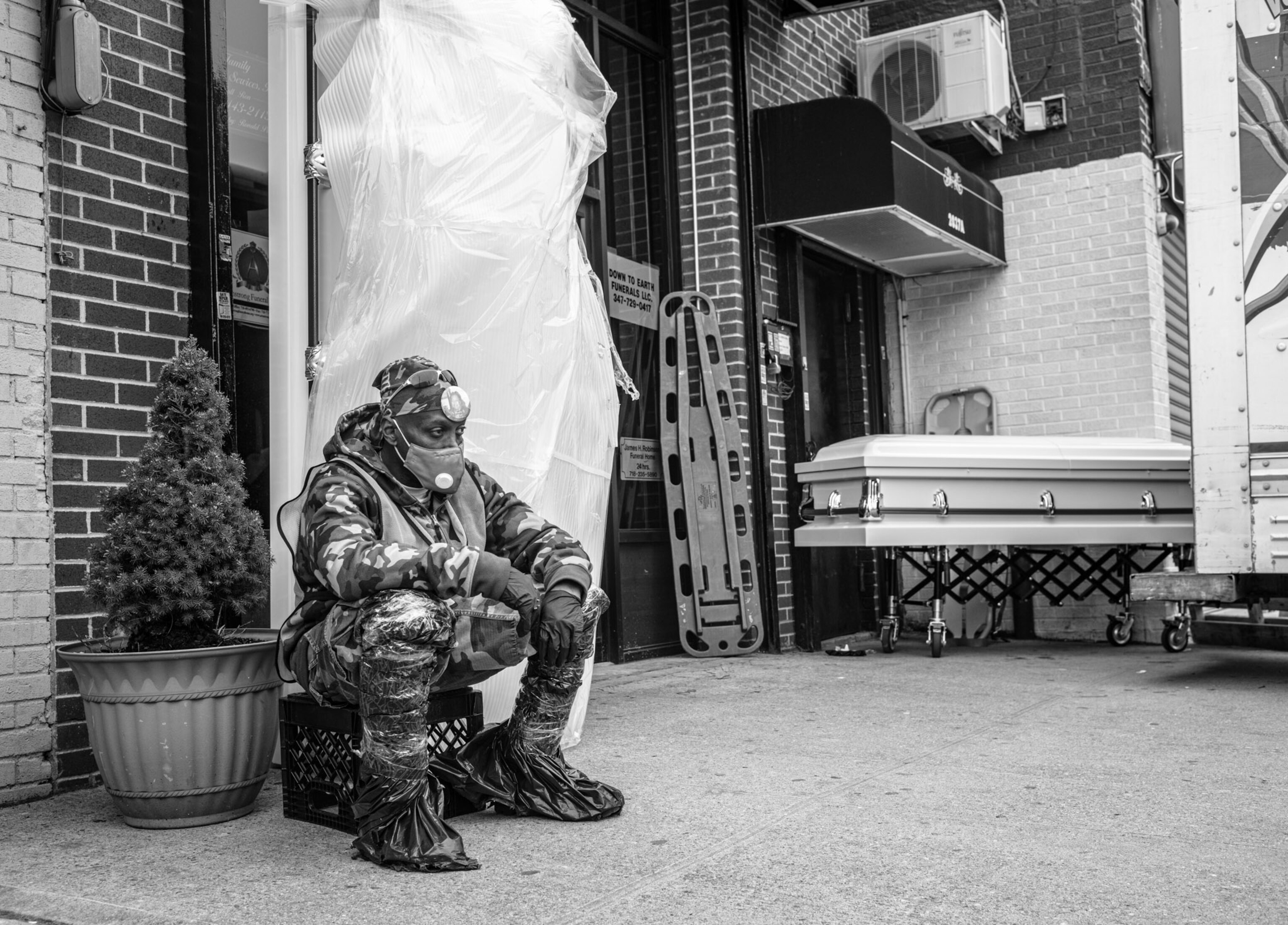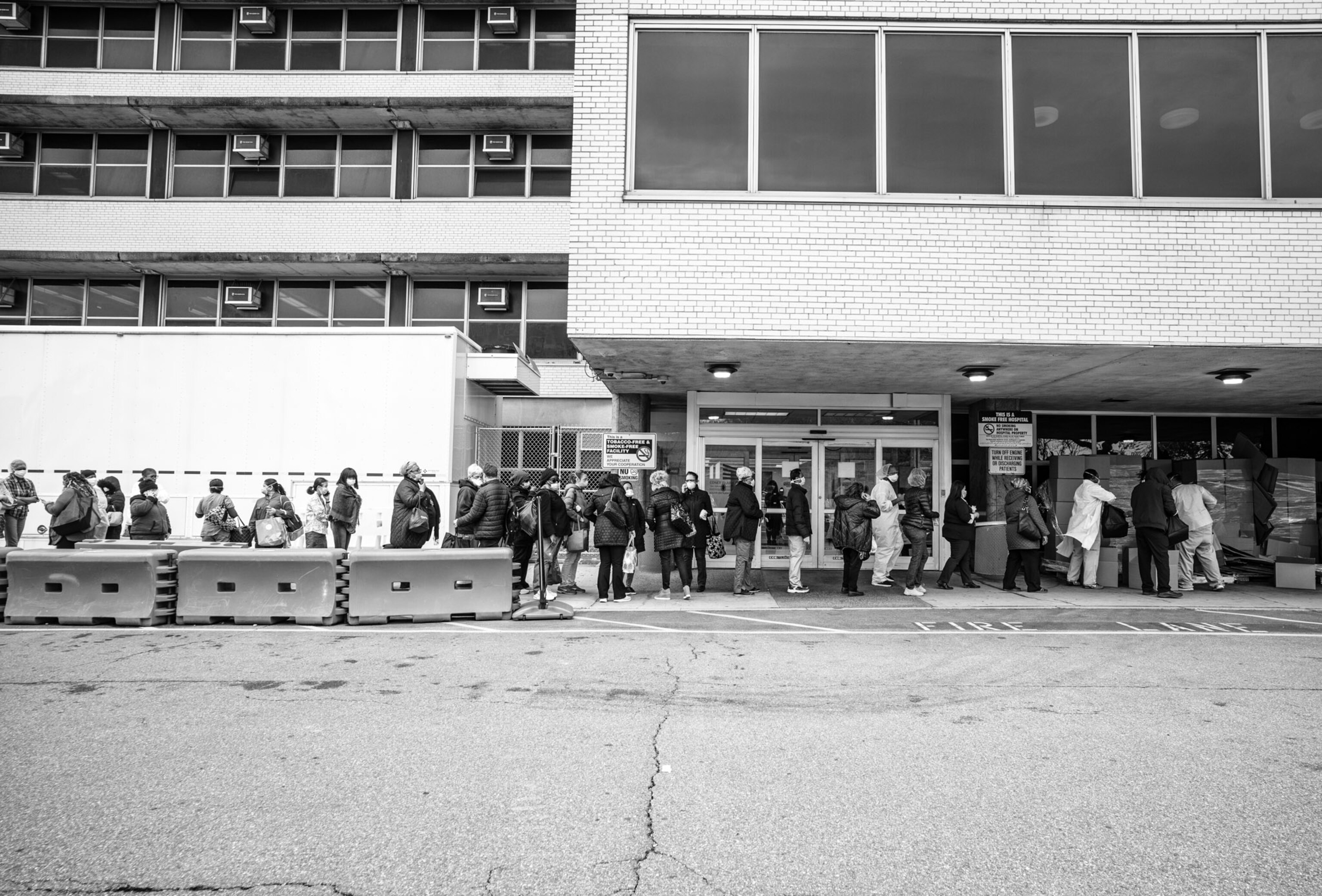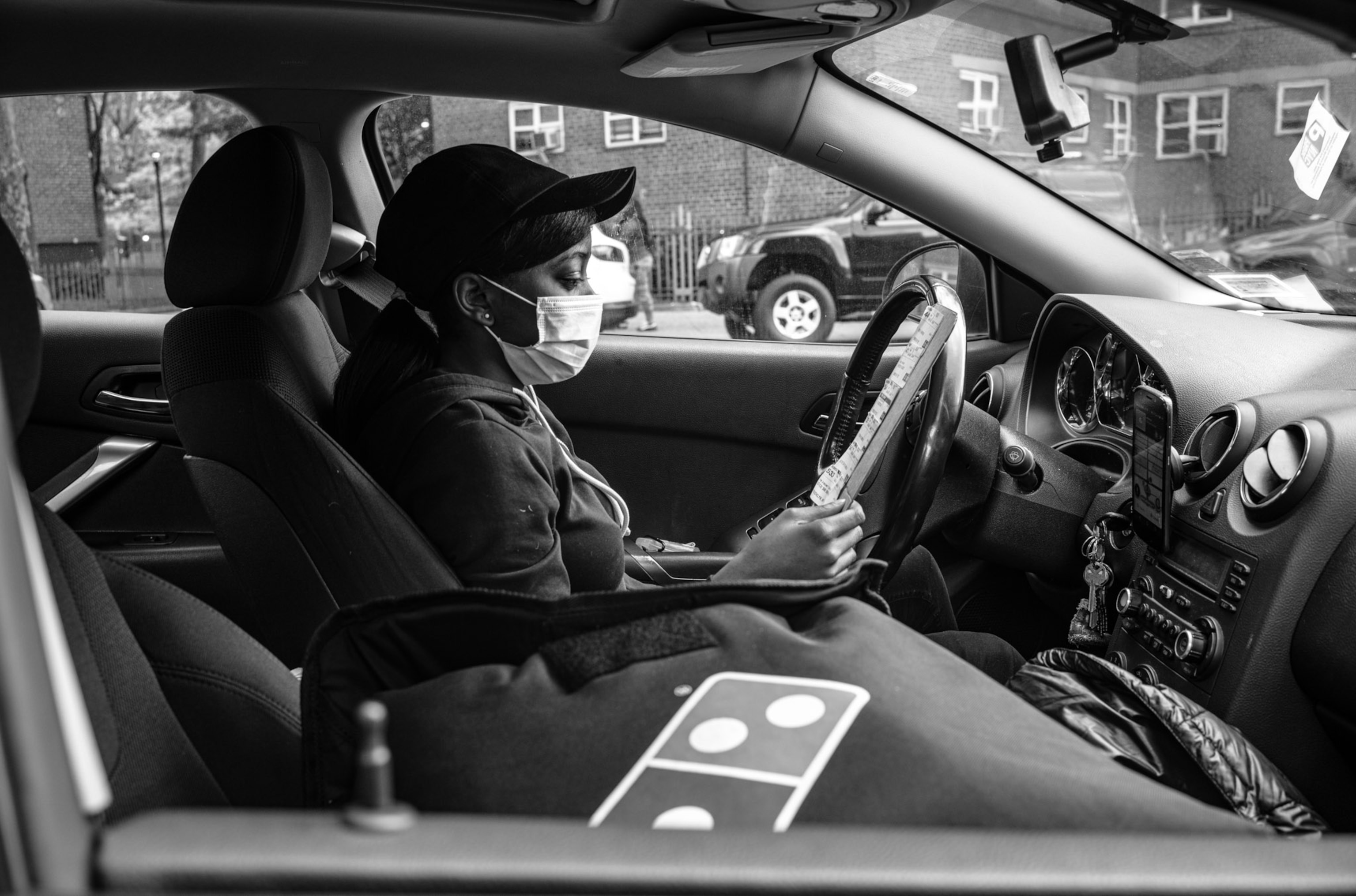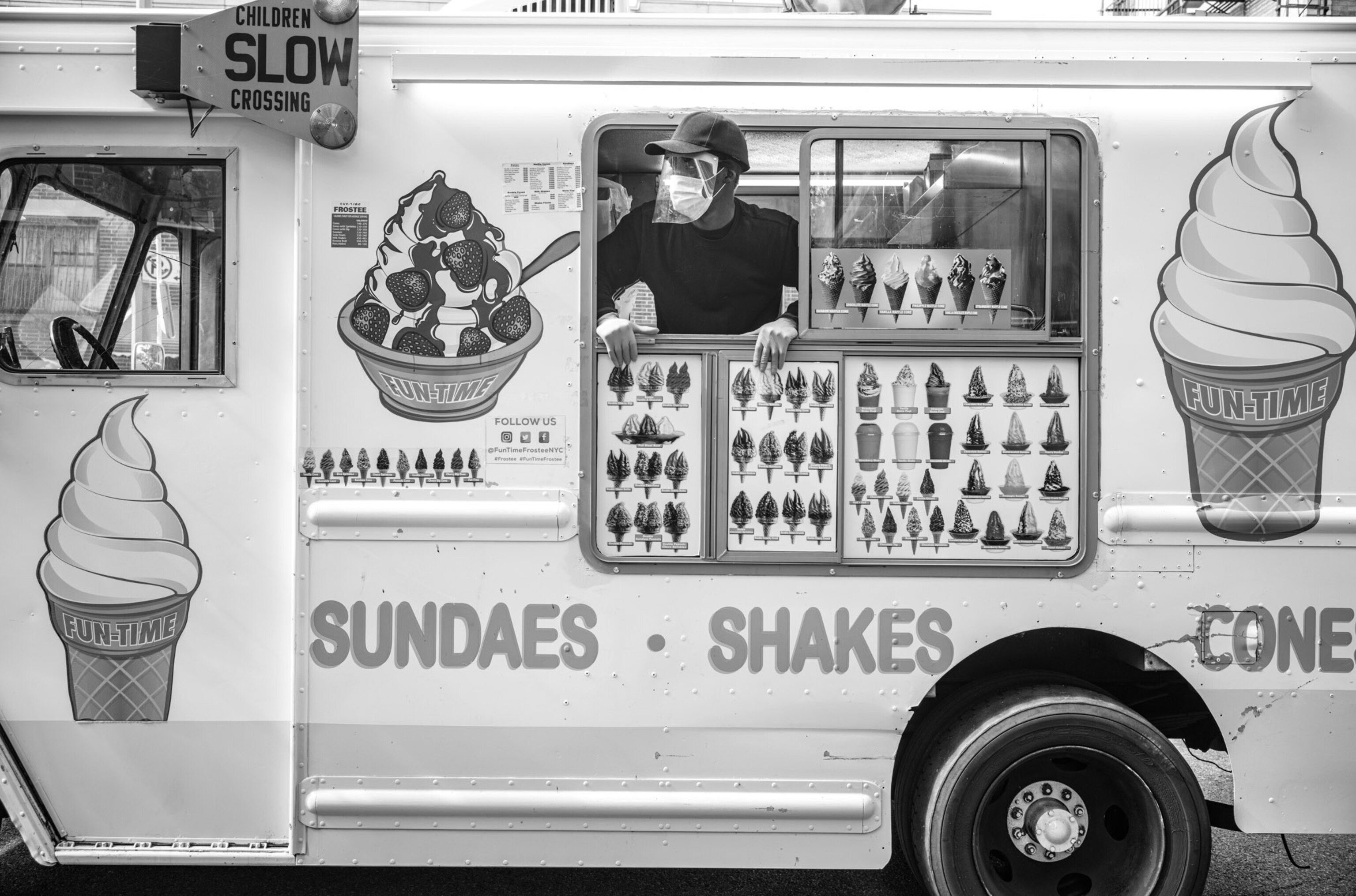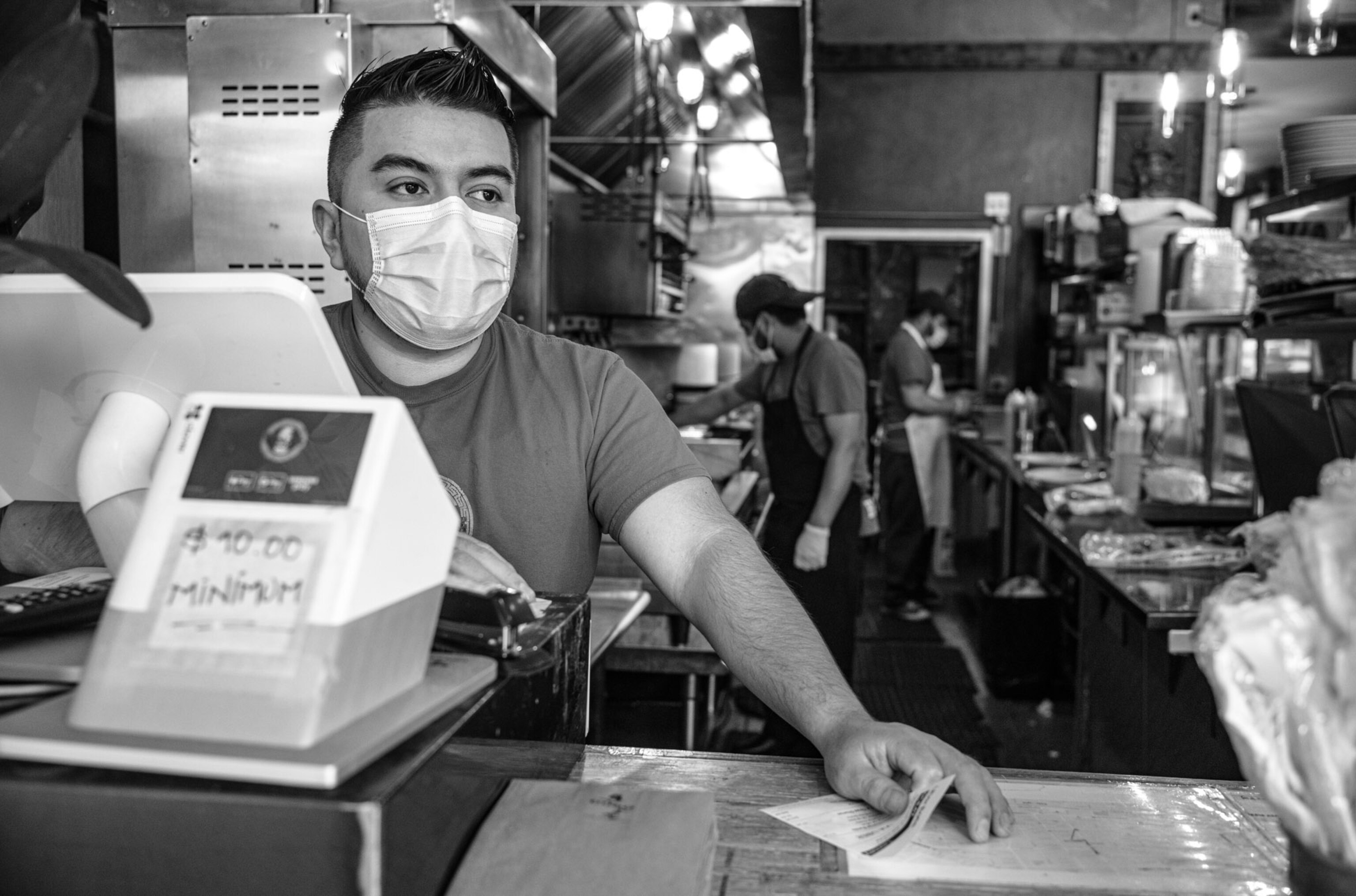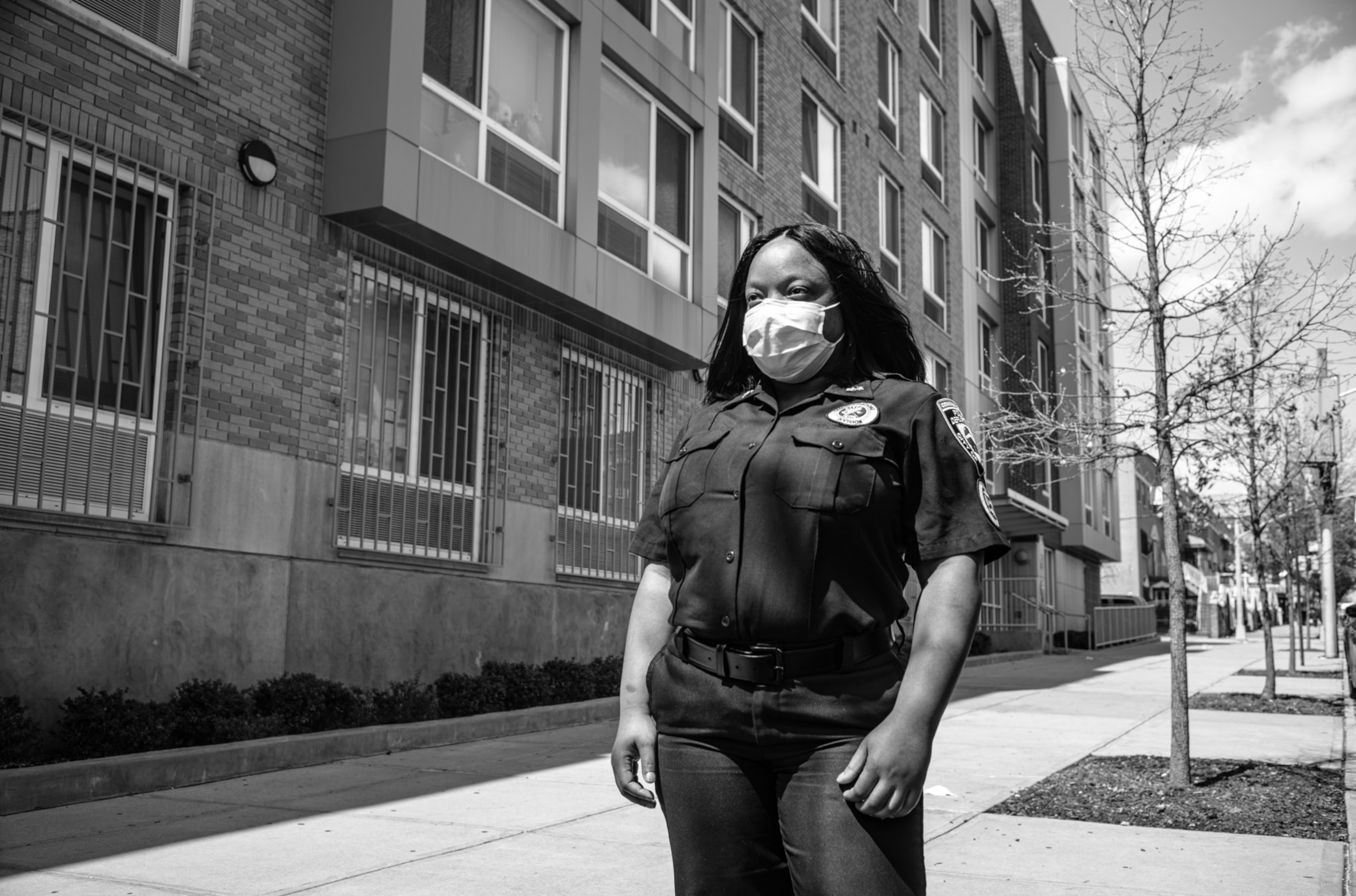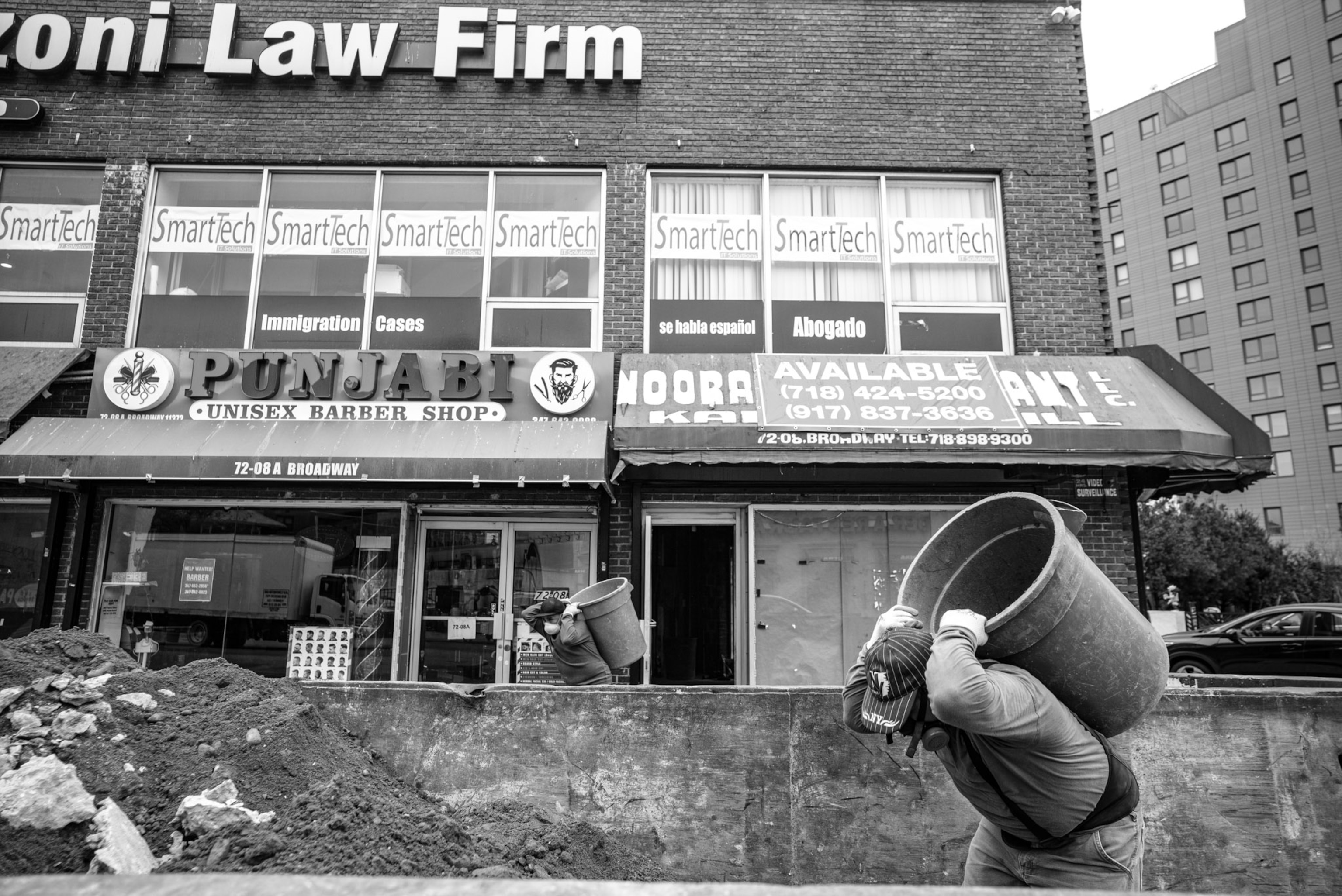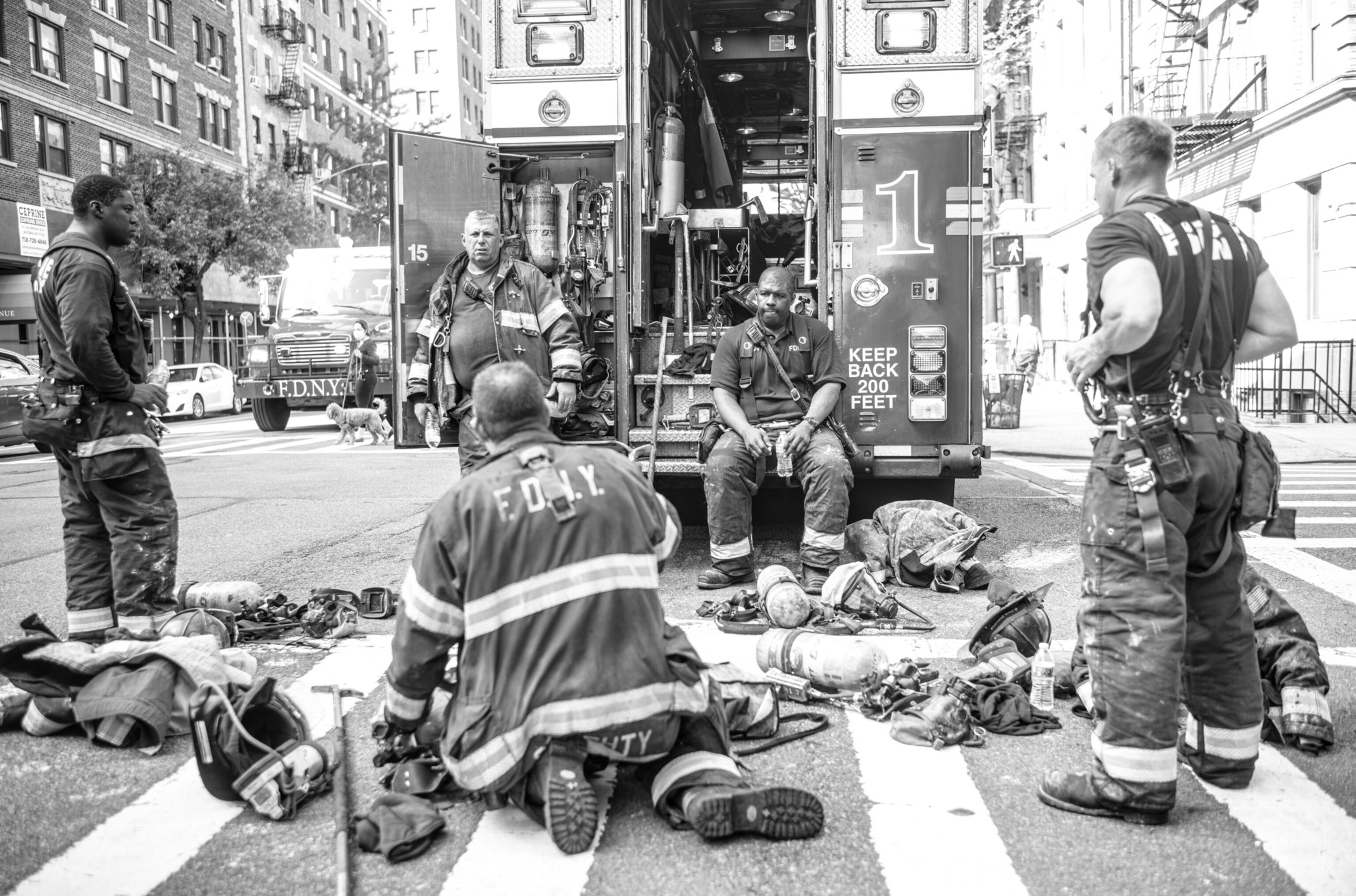Systemic racism and coronavirus are killing people of color. Protesting isn't enough
After the protests end and the pandemic passes, will anything change for America's communities of color?
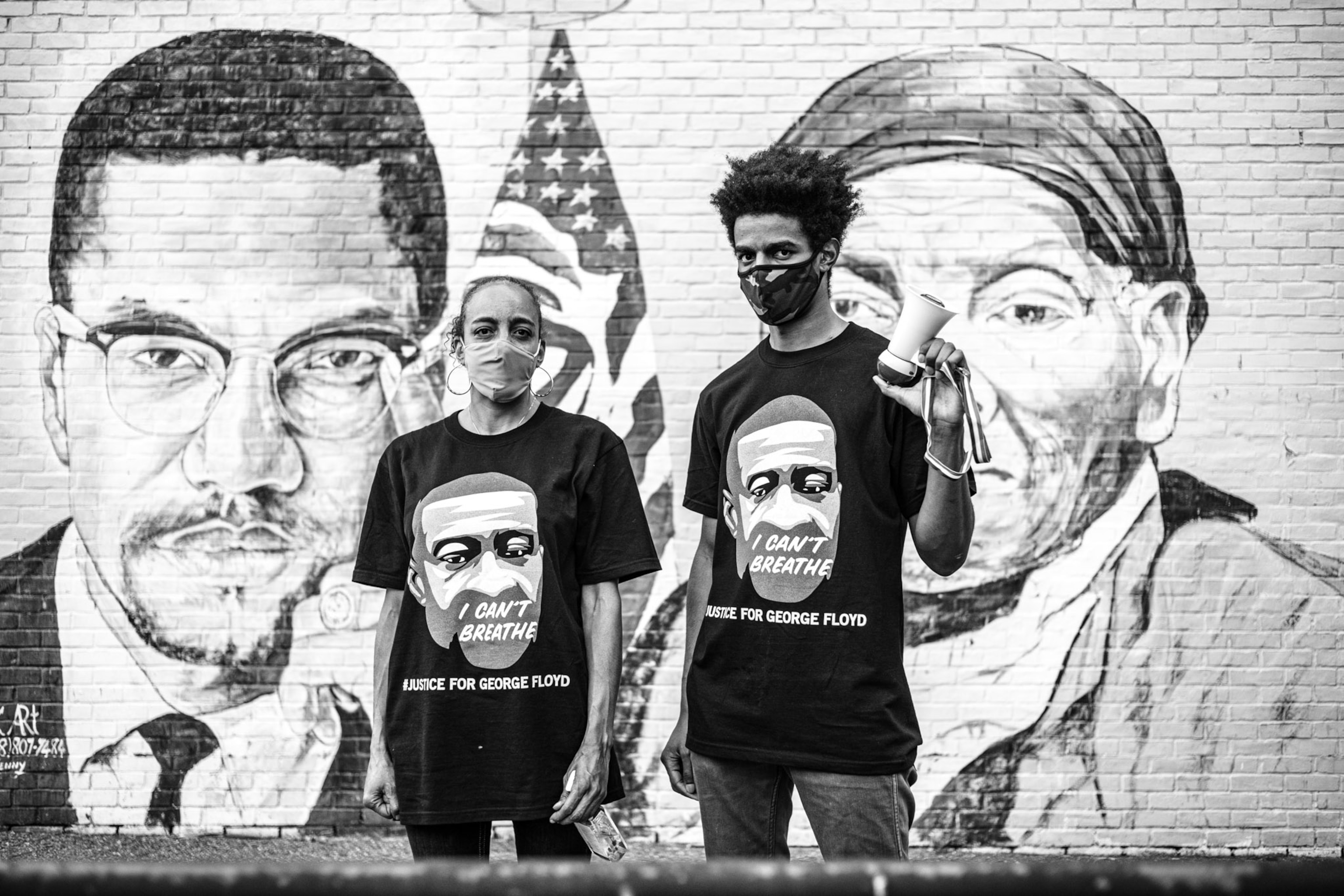
The nightly seven o’clock clap for essential workers in New York City feels hypocritical to me. I understand it’s an offering of solidarity and empathy, but a gesture is not enough. In this city, about 75 percent of front-line workers—grocery clerks, bus and train operators, janitors, food delivery people, child care staff—are minorities. They still can’t get approved for a loan to buy property in the neighborhoods they serve or want to live in. They can’t find nutritious food on their blocks. They can’t access quality healthcare. The world they live in is unimaginable to many of those clapping from their homes every night.
The parts of New York hardest hit by the pandemic are overwhelmingly lower-income communities of color. Blacks and Latinos are dying from COVID-19 at twice the rate of white people, according to early data. The front-line workers I’ve been photographing are the same people who face the systemic racism and violence that has fueled a week of protests across America.

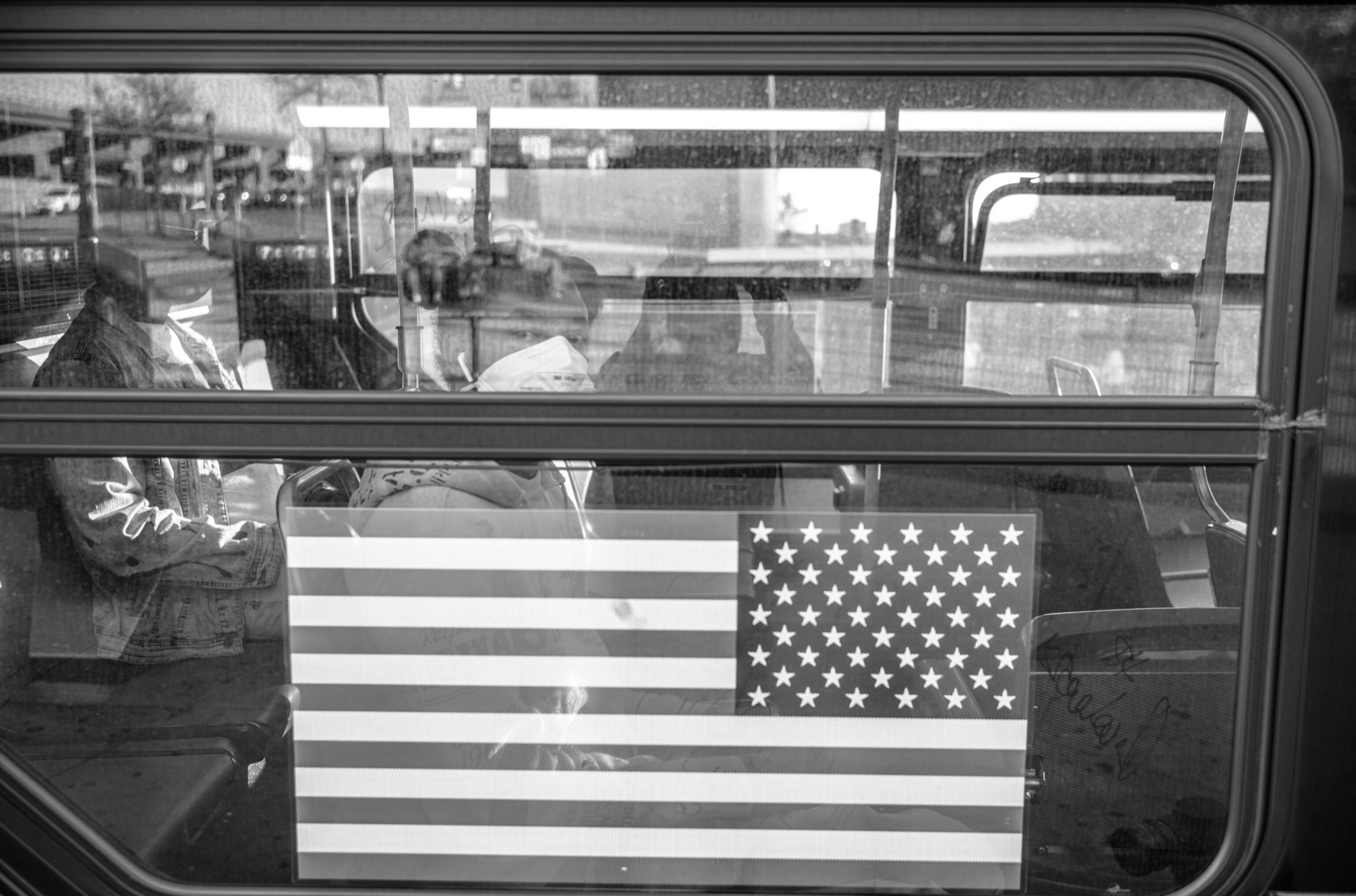
I began documenting protests against racism and police brutality in 2012, when 17-year-old Trayvon Martin died after being shot by a community watchman in Florida. Every year, the narrative of rioting and looting drowns out the real issues. The conversation shifts before it can become productive.
This cycle makes me sick.
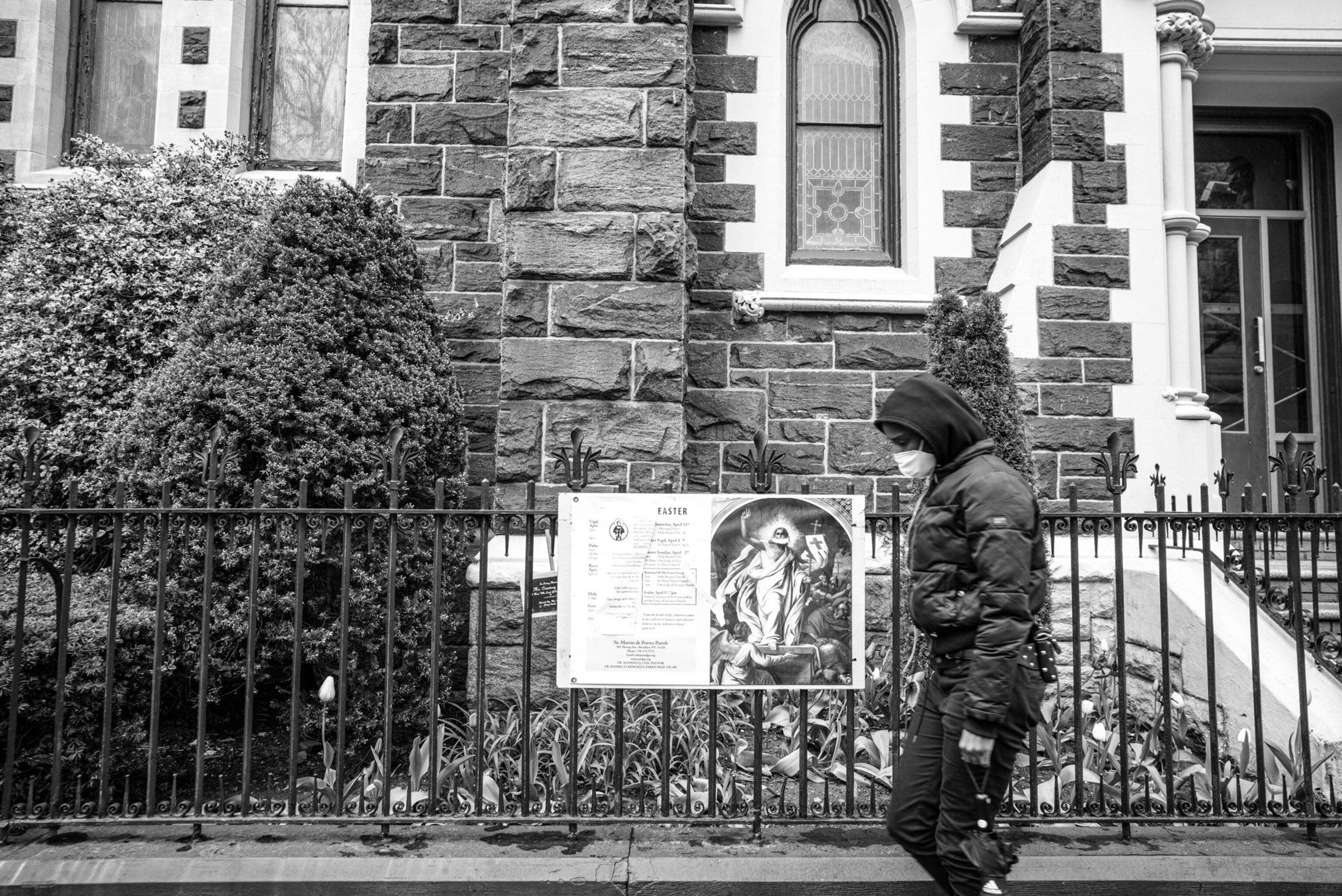
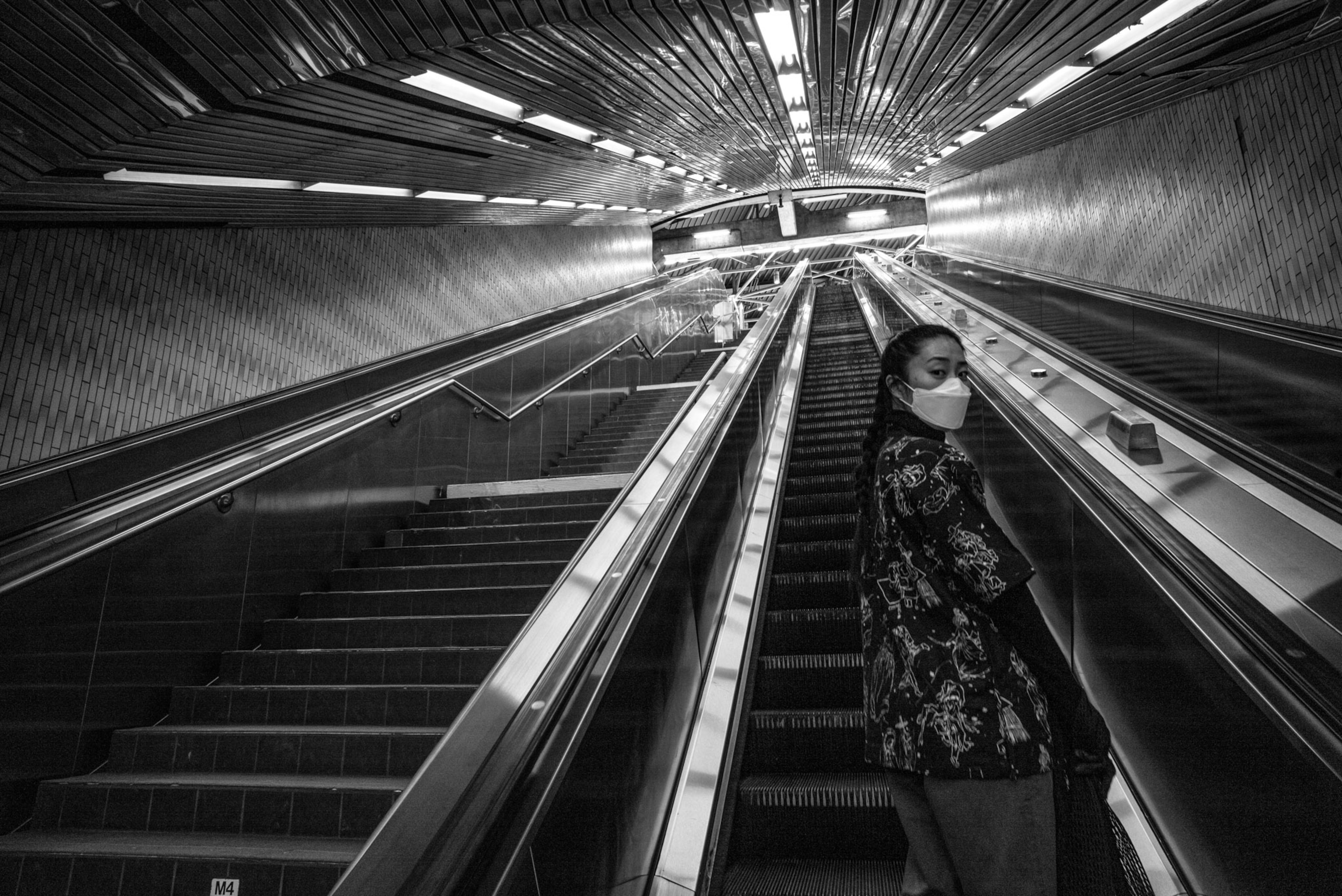
George Floyd’s death is no different from that of Eric Garner, Sandra Bland, Ahmaud Arbery, or Mike Brown. And their deaths are no different from Emmett Till’s. The years change, but nothing else does. The conversations I hear at protests are full of anger and frustration, but they lack substance and history. I understand the rage and that it needs a release. The rage eventually dies. The fire is put out. What are we left with then? (Related: Read how the violent history of lynching reflects a brutal American legacy.)
We need to talk about the issues. Right now, we’re yelling about a man—a father, a breadwinner—killed on the street by the police. But there’s a bigger story we’re ignoring: food deserts, a lack of economic independence, racist policing. The systemic nature of racism must be confronted. Otherwise we’re playing a game of Jenga: pulling out pieces, putting them back, and hoping the tower doesn’t crumble. We need to rebuild from the ground up.
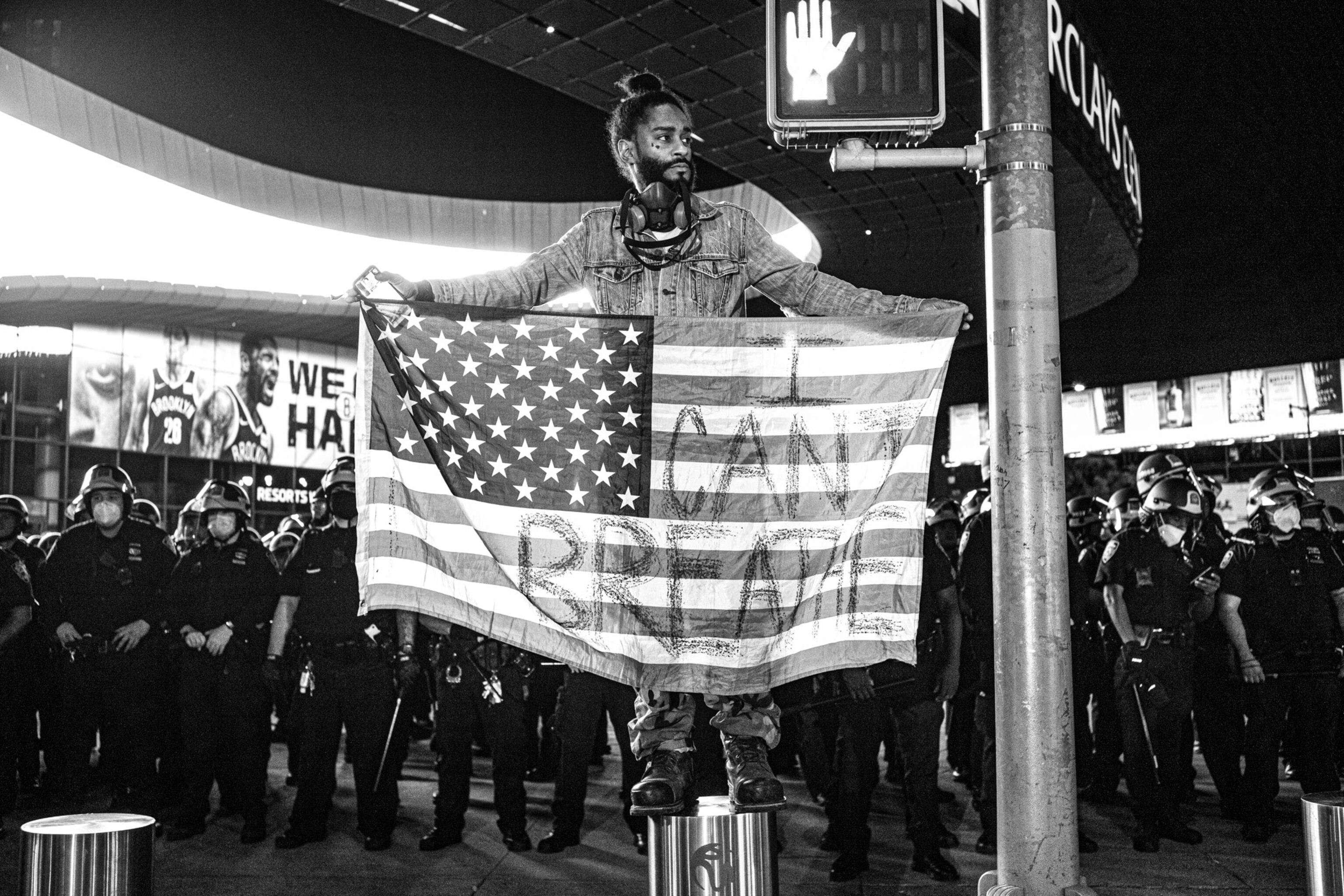
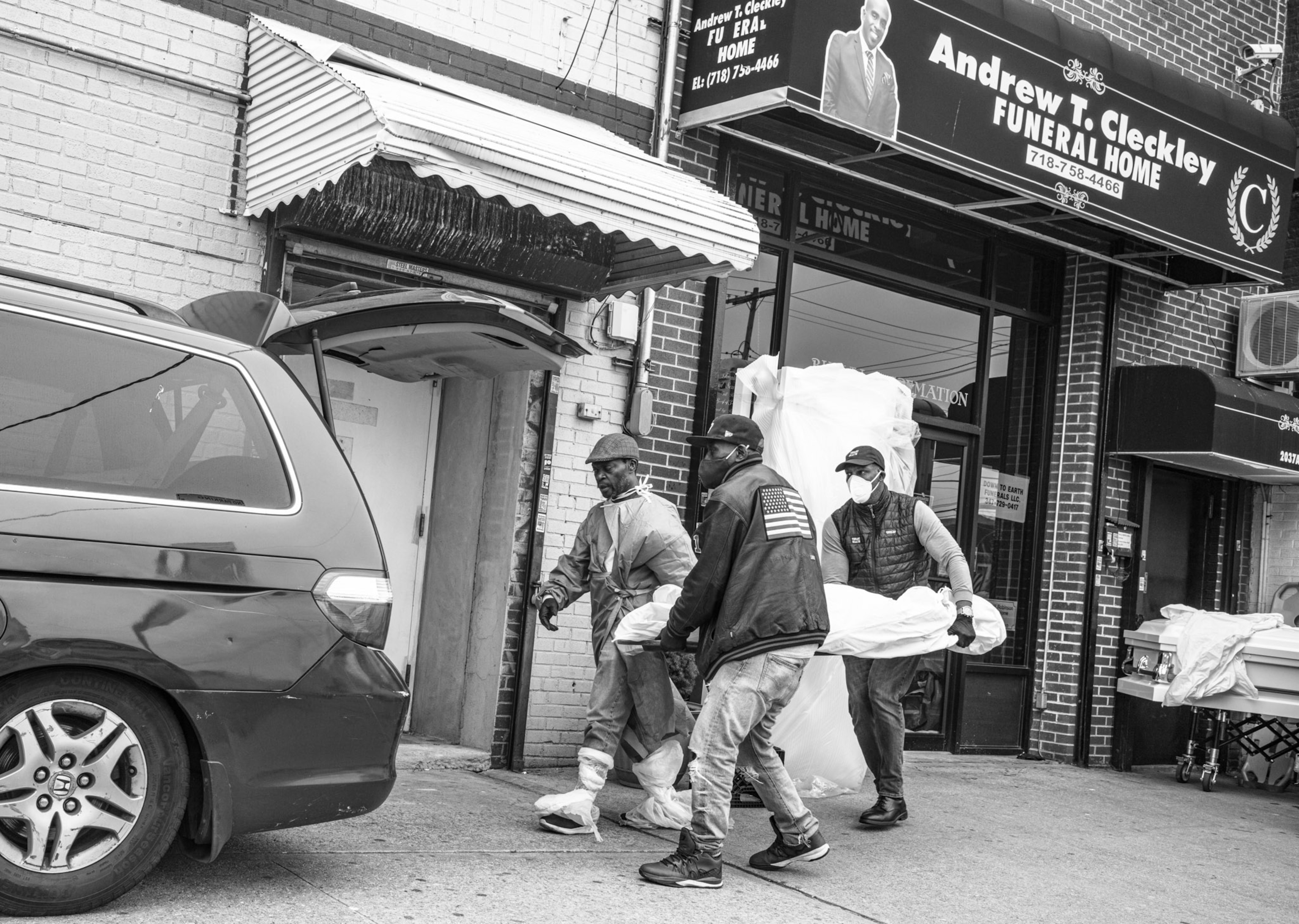
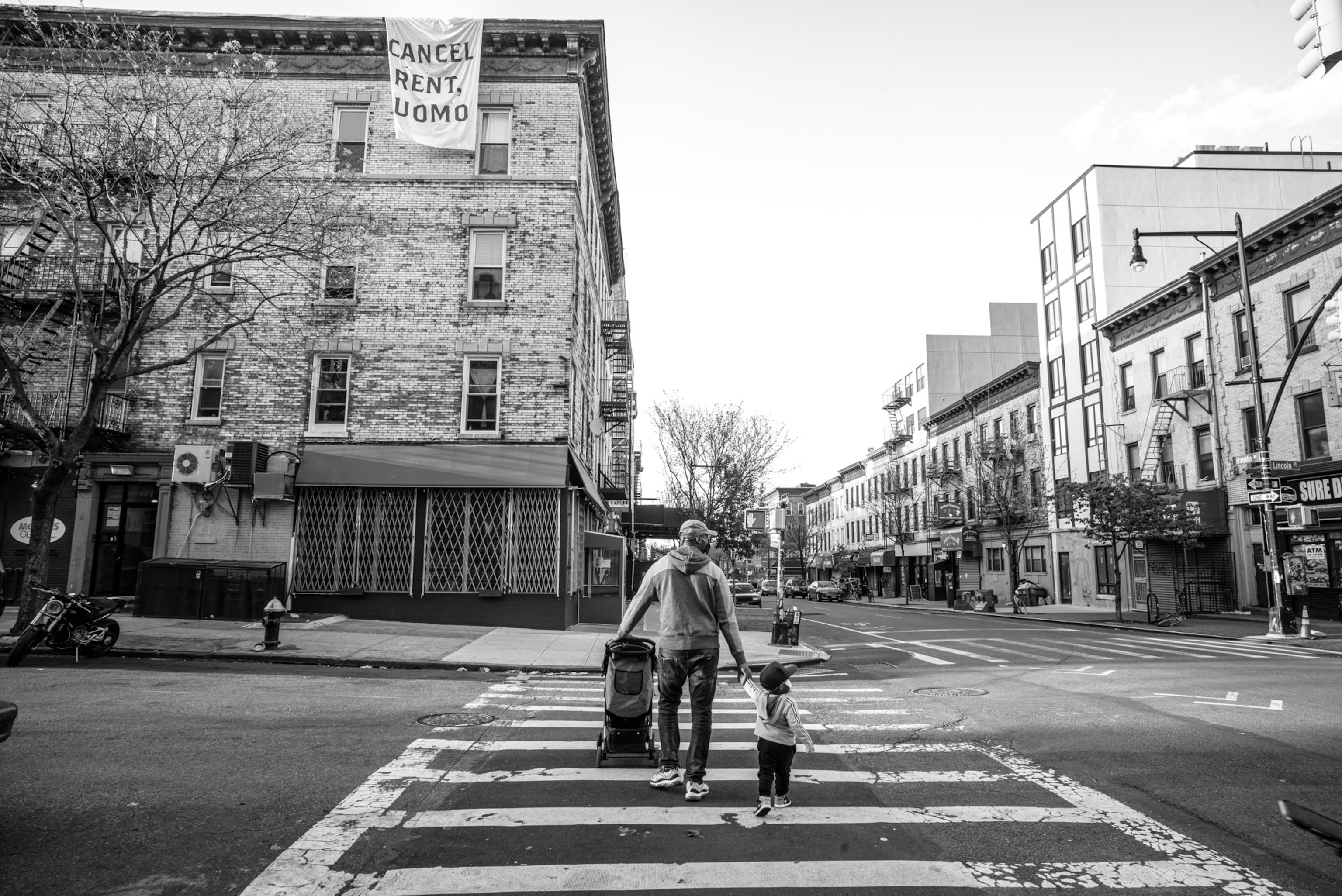
How do we do that? We should be holding town meetings in Union Square and in cities across America. People should walk away feeling empowered, like someone sucked the venom out of their wounds. Right now, you come to a protest festering and leave without any bandages or dressings. The wounds get deeper. (Related: See how grief and outrage converged in protests in Minneapolis.)
The coronavirus pandemic has laid bare the divisions in our city. Before the protests, the few people I saw on the street going to work and taking public transportation were people of color. It’s a pattern that I’m a part of. The essential workers look like me. I too can’t afford to stay home. I have to pay the rent.
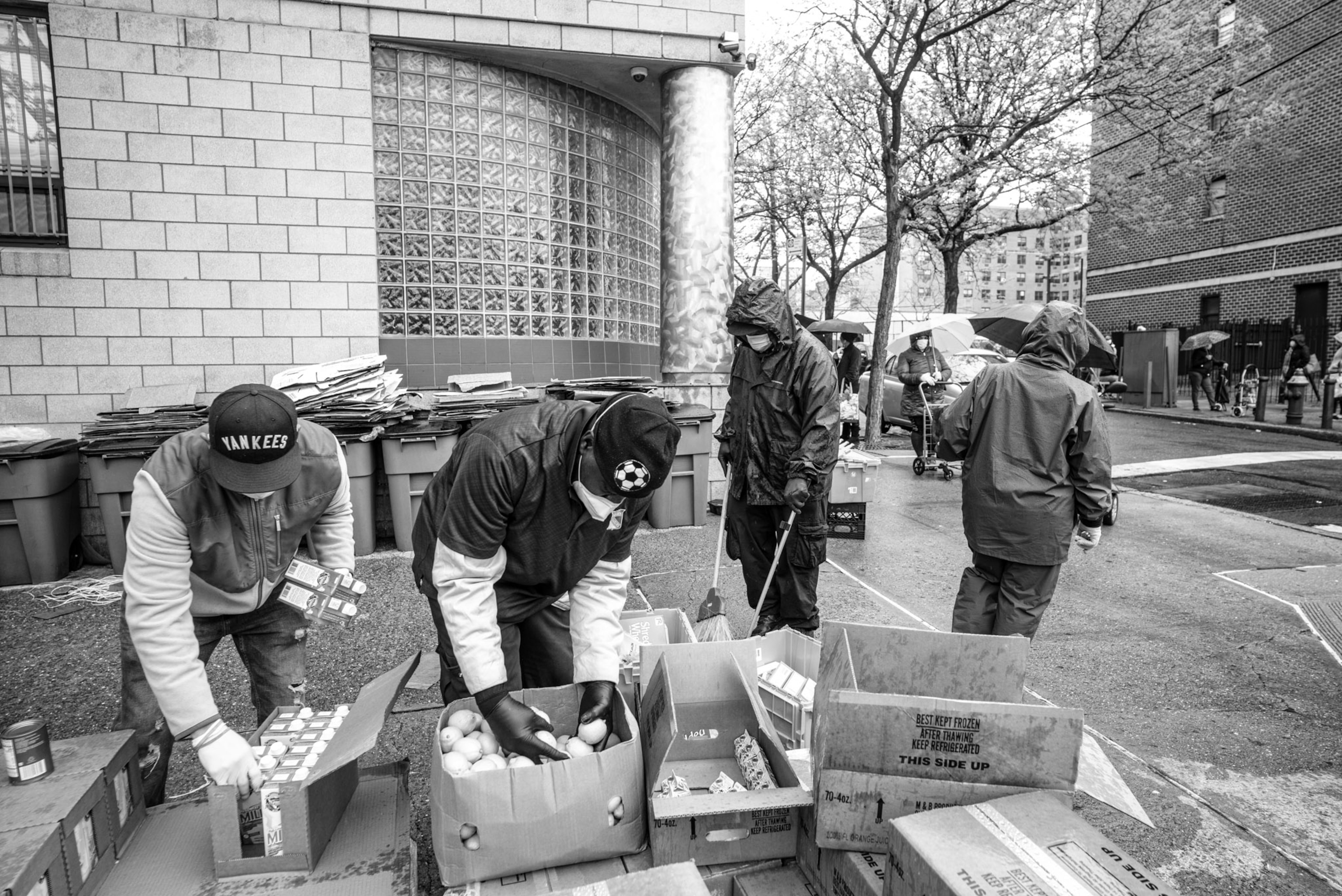
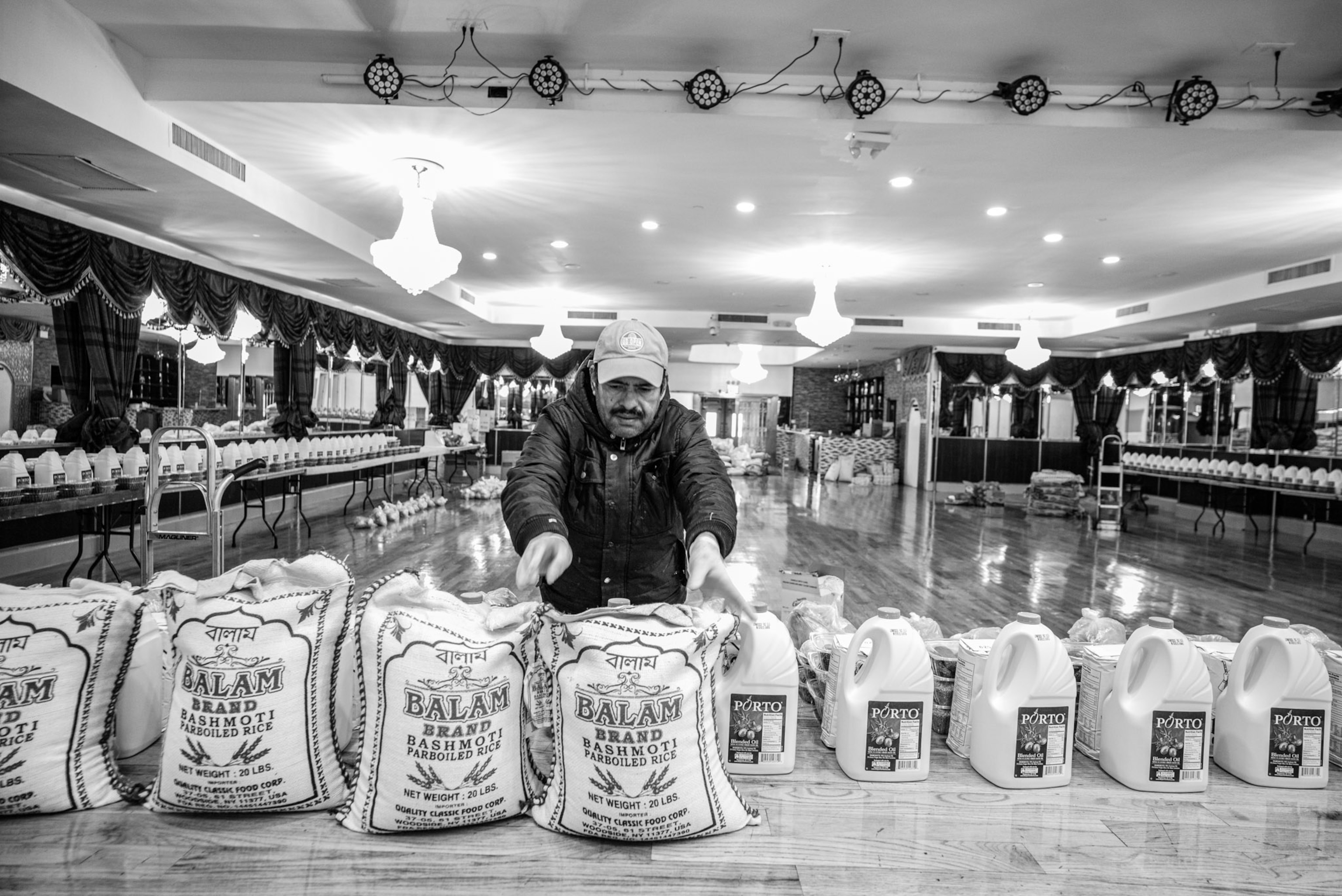
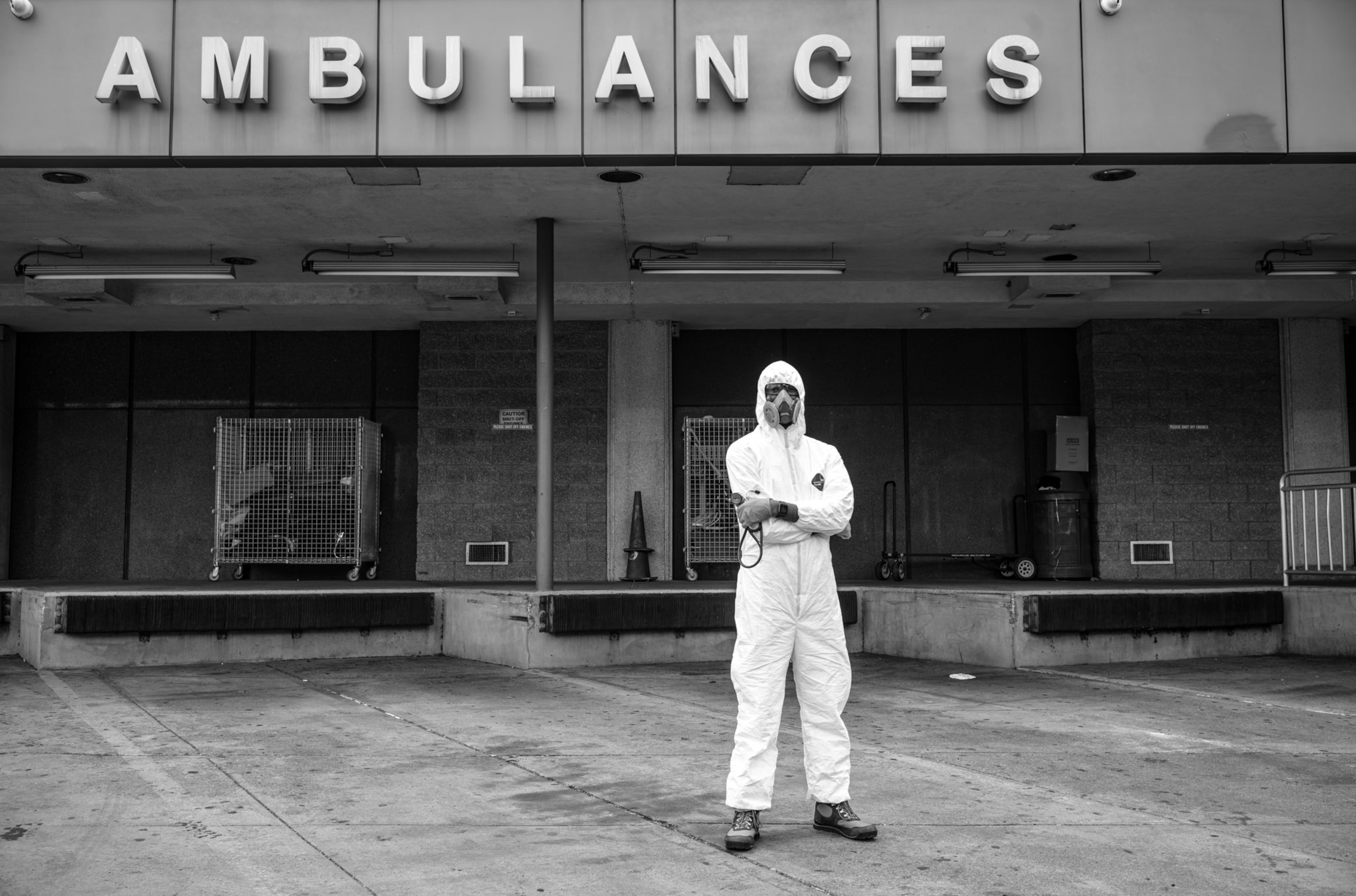
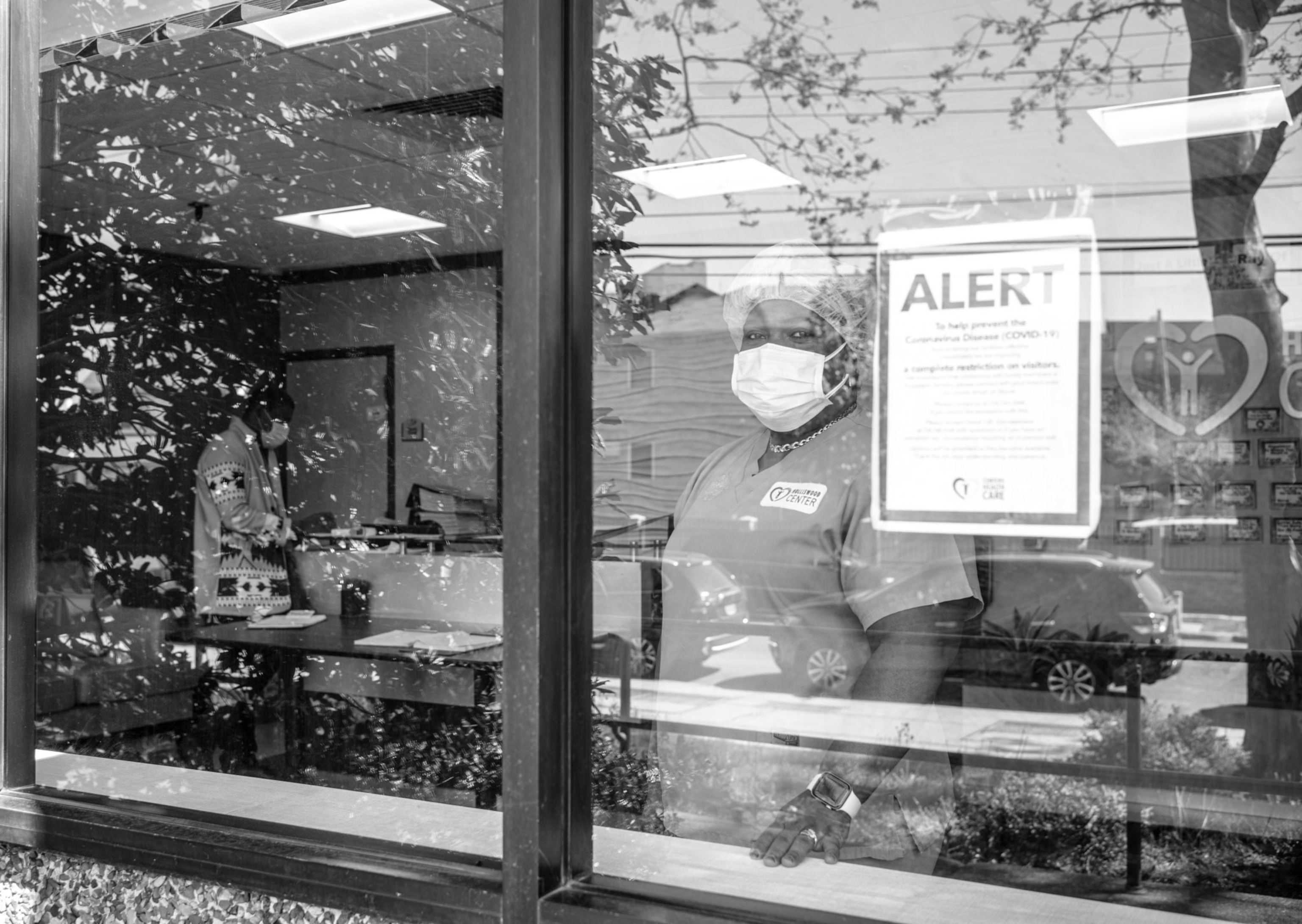
People are terrified. A friend of mine who drives a bus for the Metropolitan Transportation Authority described a deep fear that comes when people are constantly watching their colleagues die. A doctor, Rob Gore at SUNY Downstate Hospital in Brooklyn, later described the same feeling to me.
After visiting that doctor, I met a driver sitting in his hearse outside the hospital. If you really want to see something, he said, go to Andrew T. Cleckley Funeral Services on Utica Avenue. There, I saw two refrigerated semi-trucks, a third smaller truck, and six men who looked like ghosts. People who work at funeral homes are rarely fazed, but these guys were drained. “It’s more than a horror show,” one told me. “This is the first time I’ve ever seen something like this.”
Andrew Cleckley, the owner, arranged for me to photograph a funeral. In Jamaica, where I was born, we say you have to weep at a funeral. You weep when you’re born and when you die. Tears are the bookends to life. Because of social distancing, the family members at the funeral I attended couldn’t hold each other and weep. They cried, but it felt muted.
This funeral home had been in the news after neighbors reported bodies left in unrefrigerated trucks on the street. Cleckley didn’t admit it, but he also didn’t deny it. He told me he was getting 20 to 30 calls every day, at all hours, from people whose loved ones had died at home. They were hysterical and desperate. He didn’t know what else to do. “This is my first pandemic,” he told me. In the end, his license was suspended. (Related: See how undertakers on the coronavirus frontlines are struggling.)
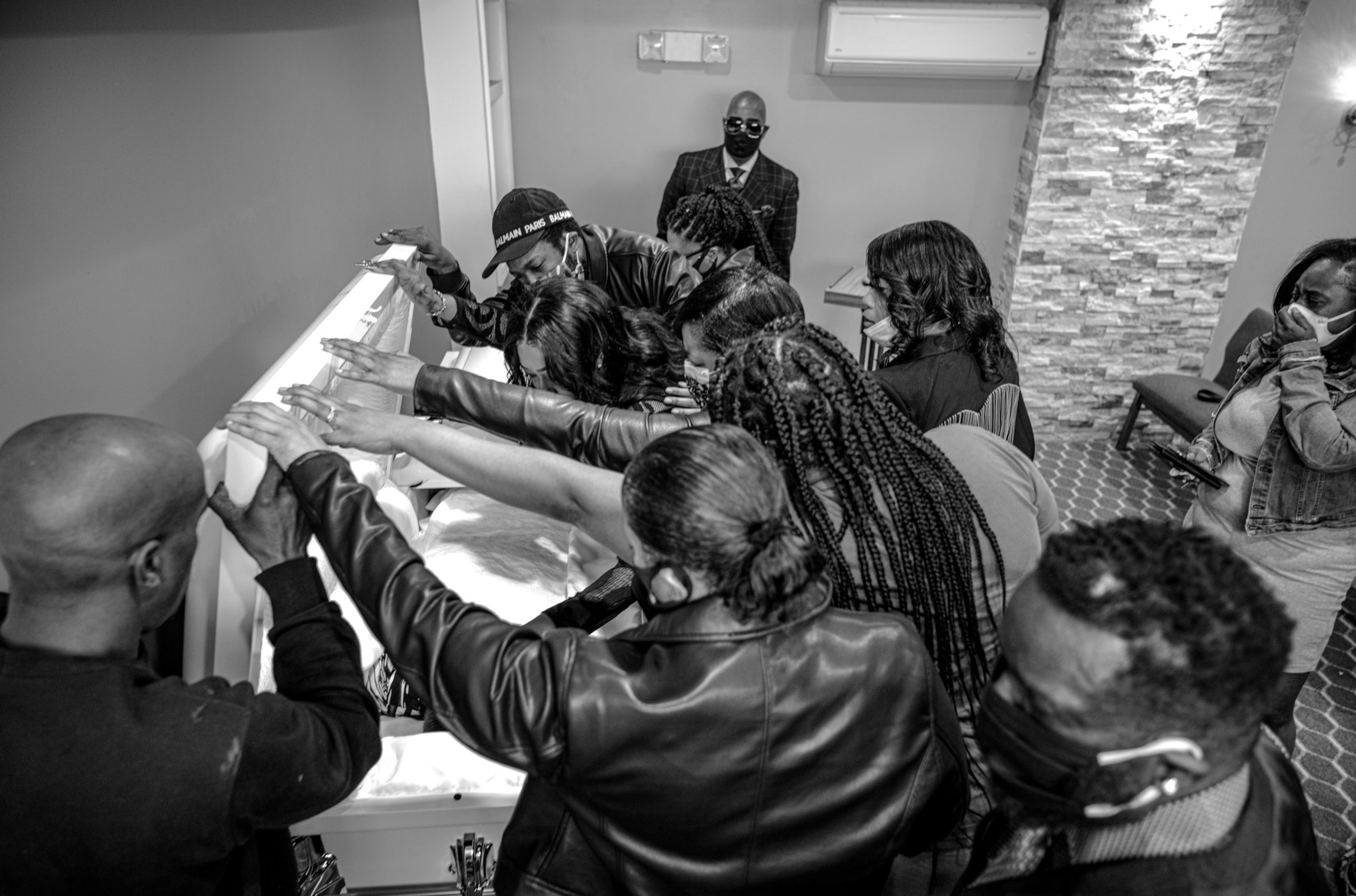
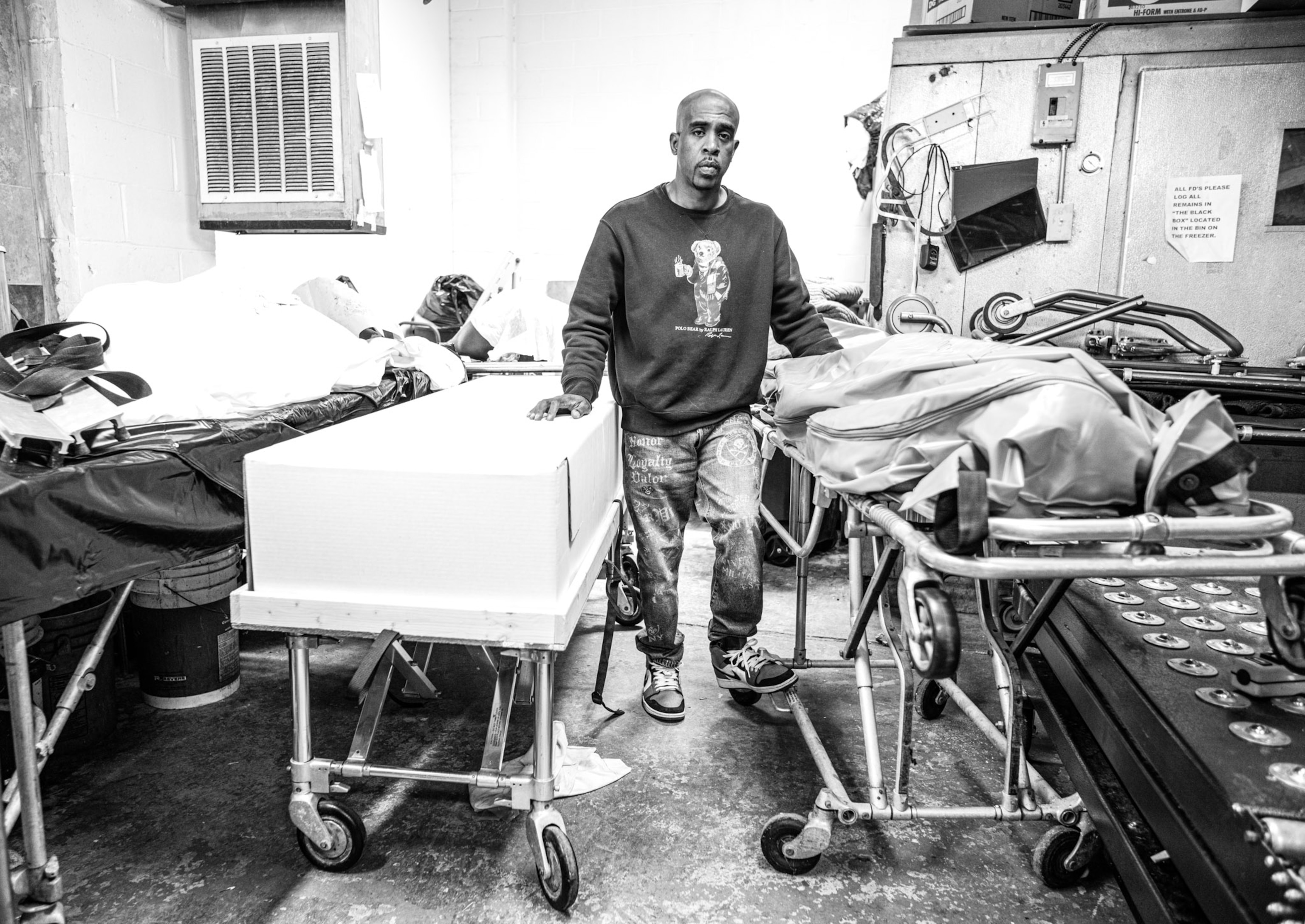
Essential workers are doing the best they can. Some took a pledge and make a moral choice to help. But for most, the decision is economic. If landlords canceled rent, then more people would stay home. The communities most affected in New York City also have the highest housing costs. Of New York’s families of color, an estimated half pay more than 30 percent of their income in rent. To keep their homes, these workers can’t stay at home.
In many ways, we’re not in this together in America. The empathy that fuels that evening clap has a limit and an expiration date. The white community’s engagement often ends at holding a piece of cardboard and marching in the street for a few days. How many of those clapping also wrote to their city council on behalf of communities of color? Politicians don’t listen to people of color until they need their vote. When there isn’t a pandemic, who’s advocating on their behalf?
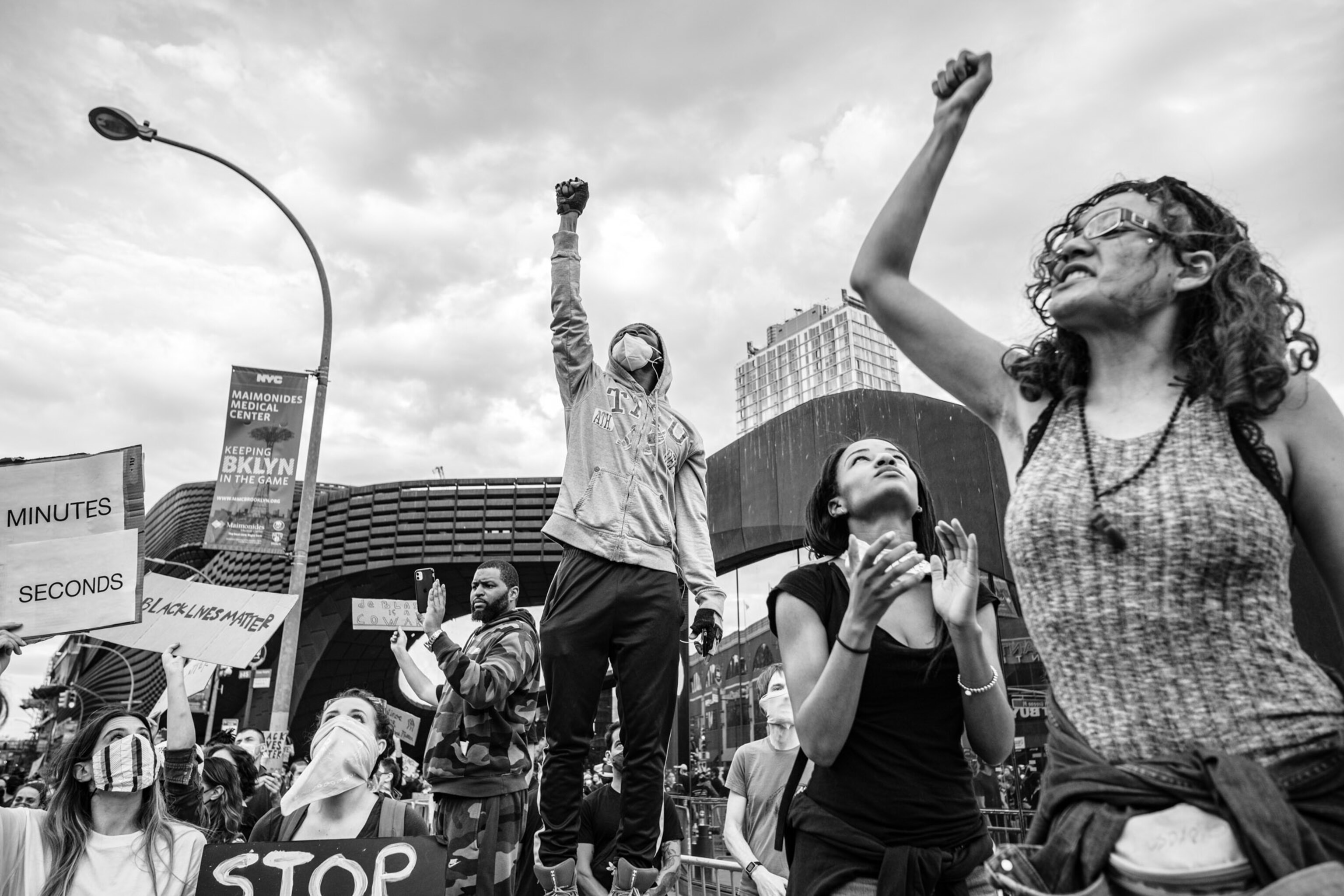
That’s why, to me, the protests in New York City feel strange, disingenuous, co-opted, almost surreal. At first I didn’t want to go and watch white folks carrying signs telling me they understand my rage. But I also couldn’t sit at home. I wanted to show the agony of the communities where I live through people like Nicole Harney, who told me she bawled when she saw the video of George Floyd calling for his dead mother. She thought about her own 23-year-old son, Justin, and decided that they couldn’t just post on Twitter anymore. They had to go out and march. (Related: Read about the sacred invocation George Floyd used when he called for his mother.)
In historical images of civil rights protests, the crowds were 90 percent black. It was our anger, our rage, our blood. This week, I’ve seen many more white people than black people on the streets. I think black folks are disillusioned. We live in a system that’s been punishing people of color for 400 years, both before and after slavery was abolished. It’s hard to imagine a revolution working when the people at these protests don’t reflect those most affected. I’d prefer to see only black people looting, rioting, and getting arrested. I’m not endorsing those tactics, but at least we would know the rage is authentic.
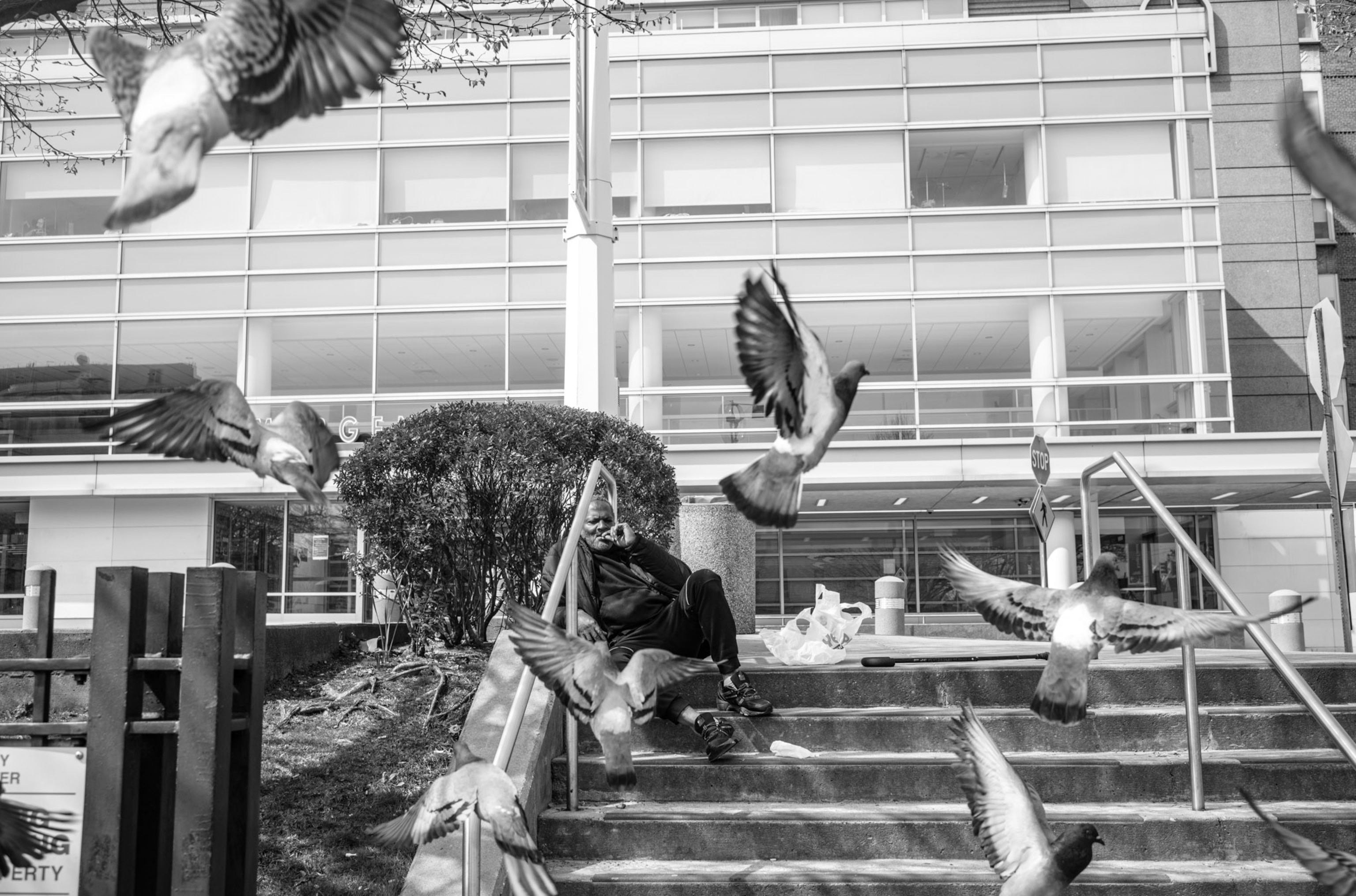
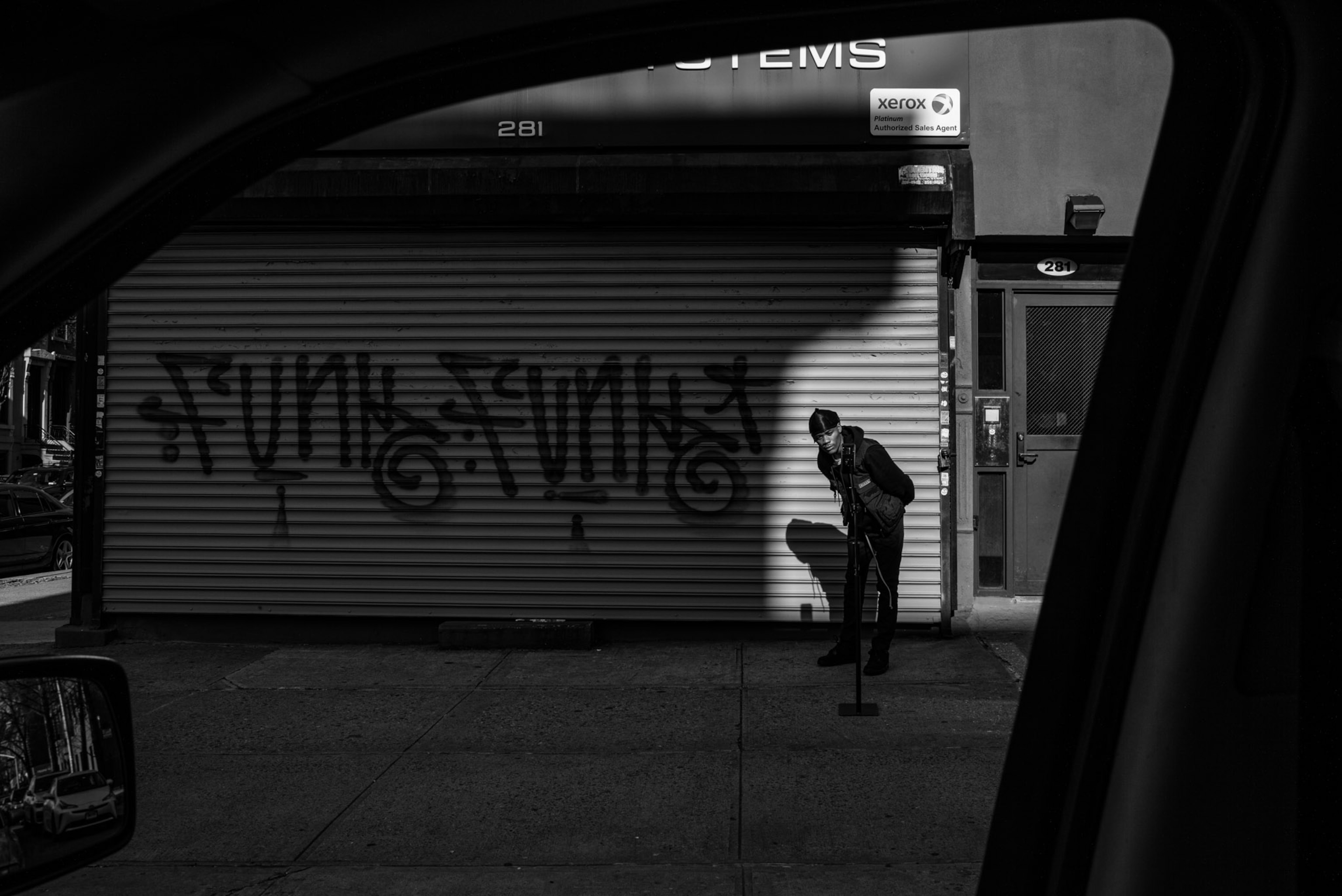
Instead of marching or kneeling in solidarity, white people who are really interested in seeing change should go back to their families and friends with messages and action plans to fix their communities. Those who are “woke” need to wake up others. Take the fight to places that black folks don’t have access to. I don’t believe a protest is the best place to educate the wider American public. Protests are often fueled by rage, not reason.
Watching the pandemic and protests play out in tandem, I’m reminded of an encounter I had in Mobile, Alabama, a few years ago. A white man took me to meet his mom—a black woman. I thought he was joking, but he wasn’t. This woman had served as a living, breathing doll for his own mother to play with when she was a girl. When his mother grew up and had children of her own, the same woman raised those kids. They attended good schools, schools where the black woman’s children weren’t welcome. She rarely saw her own children and no one advocated for them.
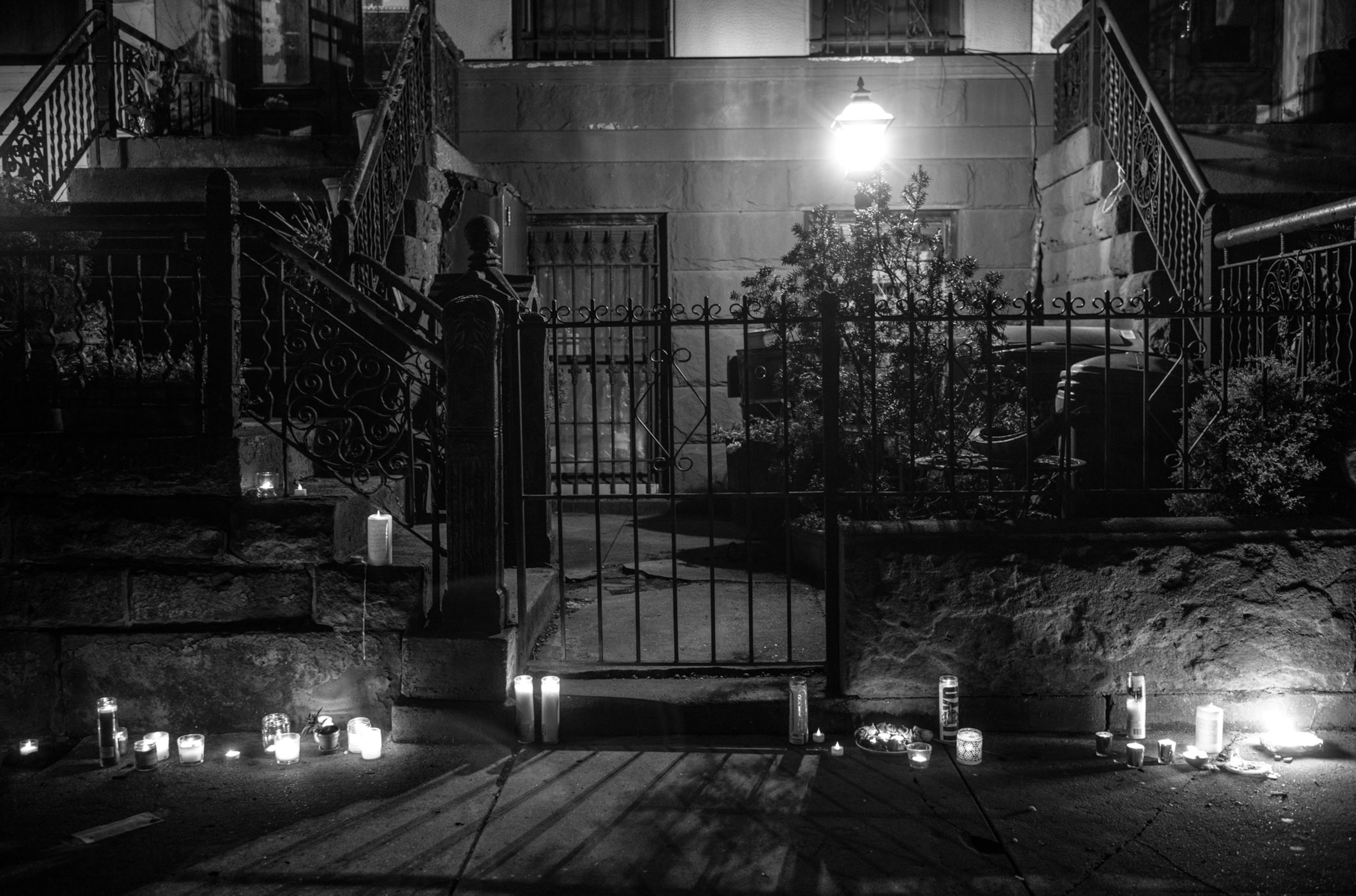
That story from Alabama never leaves me. It lives in my consciousness. It changes how I look at the world. That’s why I know that the place essential workers occupy in society won’t change. Right now they’ve been elevated as heroes because it feels symbolically engaging, but before long we’ll forget them. (Related: Meet the essential workers serving on the pandemic frontlines.)
America will go back to business as usual once the protests fizzle and the pandemic passes. People will stop clapping for essential workers at seven o’clock. The men and women who put their lives on the line and watched their colleagues die will go back to being just black people who live in Bedford-Stuyvesant or Washington Heights or Queens.
But we won’t forget the protests. We’ll continue to hear about the millions of dollars in damages caused to businesses and public property. We’ll hear about the dollars and cents. We won’t hear about the fight or the people whose rights were trampled by police. The cycle will remain unbroken.

